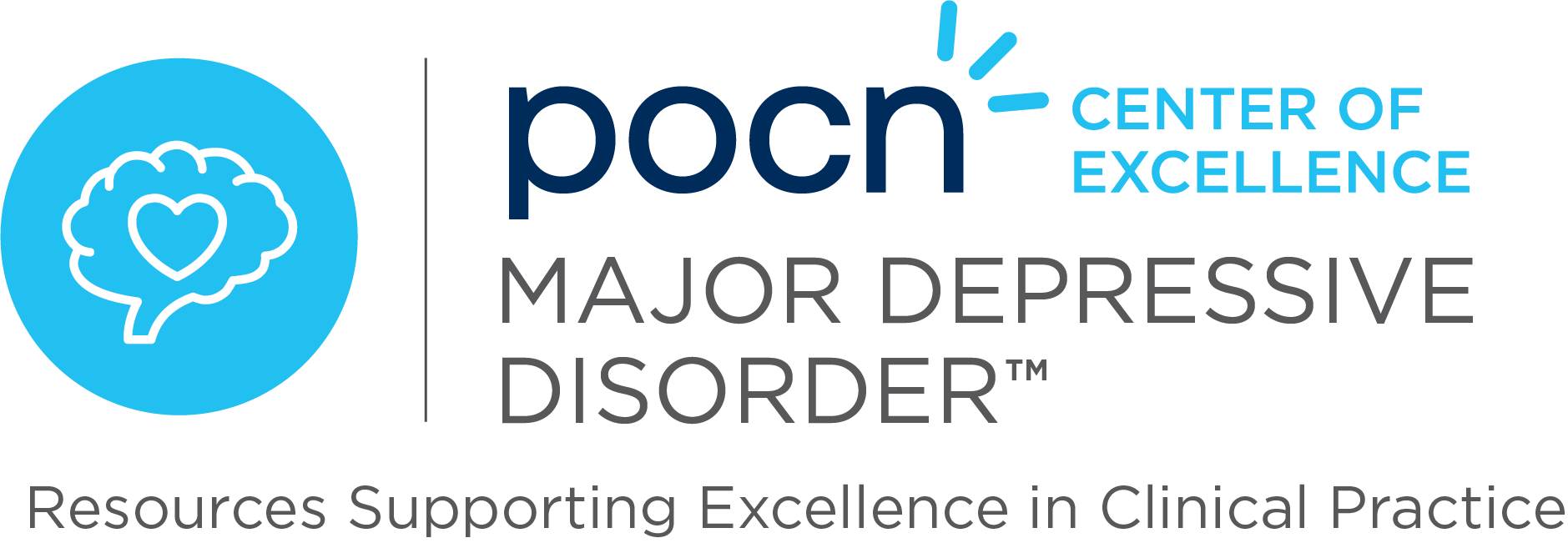This review focuses on the effects of vitamin B12, also known as cyanocobalamin, which plays a critical role in red blood cell formation, neurological functioning, and DNA synthesis supplementation on depression. Deficiency in vitamin B12 can lead to hematological, neurological, and psychiatric issues, including irritability, personality changes, depression, and memory loss.
The review also delves into hyperhomocysteinemia, where high homocysteine levels are linked to a lack of vitamin B12 and other vitamins like B6 and folate. The interdependence of vitamin B12 with other micronutrients impacts various neuronal pathways that can lead to depression. The review presents various studies indicating a correlation between low vitamin B12 levels and increased risk of depression and cognitive decline. However, it also notes limitations, including smaller sample sizes in many studies and a lack of conclusive evidence. The conclusion suggests that while lower vitamin B12 levels are associated with a higher risk of depression, larger studies are needed for concrete evidence, and routine testing for vitamin B12 levels might be beneficial in preventing depression from an early age.
Reference: Sangle P, Sandhu O, Aftab Z, Anthony AT, Khan S. Vitamin B12 Supplementation: Preventing Onset and Improving Prognosis of Depression. Cureus. 2020;12(10):e11169. doi: 10.7759/cureus.11169.



